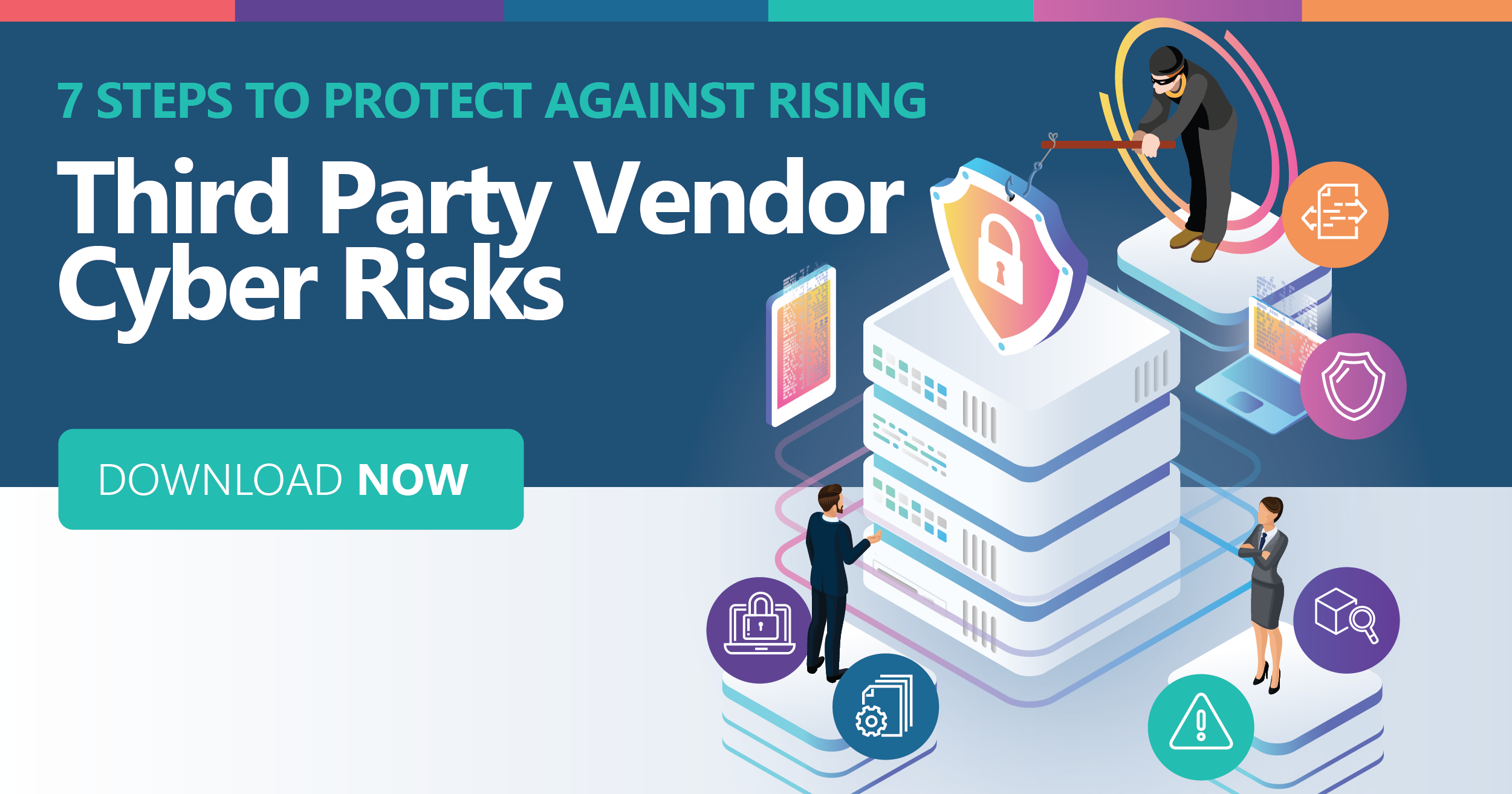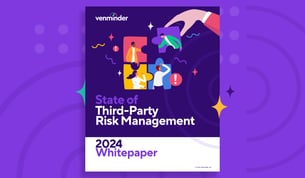This was another busy week for vendor risk management in the news! This week there was regulators being told to play nice, UDAP actions, AML actions, BCFP returning to its acronym of CFPB, OFAC compliance commitments, the House released a report on the Equifax data breach and the fallout of the latest Facebook breach. Read more for details on each below.
Industry News for the Week of December 17
Ballard Spahr on the OCC fintech charter: Read here
Watching add-on products: Read here
Bank examiners asked to adopt less-aggressive tone
The Wall Street Journal reports that two Trump administration officials are touring the U.S. in the hope that regulators can reshape their relationship with banks. The Federal Reserve’s Randal Quarles and the Federal Deposit Insurance Corporation’s Jelena McWilliams have been talking to bank examiners in regional offices and asking them to adopt a less aggressive tone when highlighting risky practices and pressing for behavioral change at finance firms. But critics say a more amenable approach to banks by examiners could allow greater latitude to engage in riskier practices. See the full report: Read here
NAFCU: House report on Equifax breach reinforces need for data security standard
"As NAFCU has previously communicated to Congress, there is an urgent need for a national data security standard for entities that collect and store consumers' personal and financial information that are not already subject to the same stringent requirements as depository institutions," wrote NAFCU's Brad Thaler last week to House Speaker Paul Ryan, R-Wis., and Minority Leader Nancy Pelosi, D-Calif.
OFAC Compliance Best Practices
In a speech made at the American Bankers Association/American Bar Association Financial Crimes Enforcement Conference earlier this month, Treasury’s Under Secretary Sigal Mandelker discussed the Office of Foreign Assets Control’s (OFAC) compliance commitments. OFAC consistently advises financial institutions to use a risk-based approach to sanctions compliance. While recognizing that U.S. economic sanctions can apply to all types of industries and businesses which doesn’t easily allow for a “one-size-fits-all” sanctions compliance program that can be universally adopted, Mandelker indicated the belief that there are commonalities to a good program. OFAC has seen what types of best practices that lead to strong and effective compliance programs as well as where entities have fallen short.
Mandelker stated OFAC will outline what makes an effective sanctions compliance program to assist the compliance community in strengthening defenses against sanctions violations. He highlighted a few of the components of an effective program:
- Ensure senior management’s commitment to compliance;
- Conduct frequent risk assessments to identify and mitigate sanctions-specific risks within an institution and its products, services and member customers;
- Develop and use internal controls, including policies and procedures, to identify, stop, report and maintain records pertaining to activity prohibited by OFAC’s regulations;
- Test and audit on the specific elements of a sanctions compliance program and across the institution, to identify and correct weaknesses and deficiencies; and
- Ensure all relevant personnel, particularly those in high-risk areas or business units, are given tailored training on OFAC obligations and authorities and the institution’s compliance program.
Committing to these compliance components will be an “essential element” in any future settlement agreements between OFAC and sanctions violators. It is recognized that under a risk-based approach the implementation of these compliance commitments will vary by institution but it is believed they will also ensure awareness of OFAC obligations and the dedication of sufficient time and resources to OFAC compliance. Mandelker also pointed out such resources have to go far beyond the mere screening of the Specially Designated Nationals and Blocked Persons List (SDN) list.
Debt relief scam hit with enforcement action – definitely falls under deceptive: Read here
JD Supra on the regulators’ concerns over “add-on” products: Read here
NY reaches settlement over mobile app security flaws: Read here
How the other primary regulators, besides the OCC, can help fintechs – hint: no one has applied for a charter yet: Read here
New Facebook breach impacts 6.8 million and may spur additional calls for new privacy laws: Read here
Western Union and MoneyGram take on the fintechs with their own mobile apps: Read here
UBS Financial Services hit with enforcement action over lapses in AML monitoring, by FinCEN, FINRA and the SEC: Read here
Third parties represent the biggest info sec risk: Read here
Credit Unions prepping for regulatory changes in 2019: Read here
Federal Reserve settles with Kentucky bank over FTC Act violations (add-on products): Read here
OCC and CFPB settle with South Dakota bank over Reg E and FTC Act violations: Read here
What’s in a name?: Read here and here
Square to file another bank charter – with the FDIC (not the OCC fintech charter): Read here
There was a dramatic increase in cyber risks this year. Download our infographic to protect yourself.



















